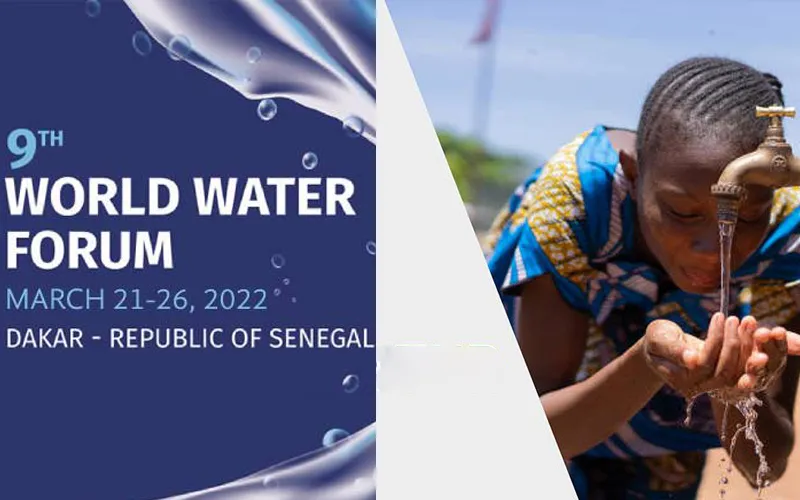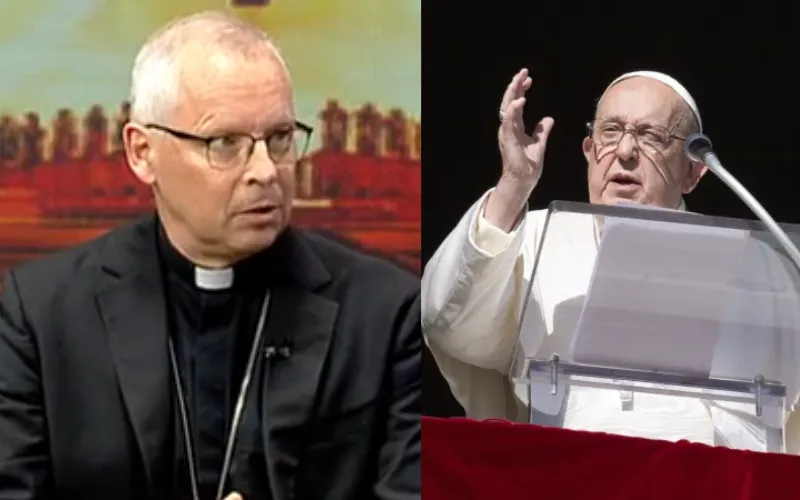Dakar, 23 March, 2022 / 10:20 am (ACI Africa).
Caritas Africa is calling on delegates at the ongoing 9th World Water Forum in Senegal to address the issues that are behind the water crisis on the world's second largest continent.
In a six-day meeting that started Monday, March 21, government representatives, political leaders, and those from different sectors are in Senegal’s capital city, Dakar, to seek to identify, promote and implement responses and actions for water and sanitation in an integrated way.
In a March 21 statement, Caritas Africa officials say studies show that nations in sub-Saharan Africa are affected by the overuse of the existing water systems.
“When Governments, the private sector and civil society organizations meet in Dakar, they will need to address the systemic issues behind the water stress in sub-Saharan Africa. Water is a right for all,” Caritas Africa officials say.
They add that the forum, which has been taking place every three years since March 1997 “should create a space for innovative solutions to address water pollution and water loss in sub-Saharan Africa.”








